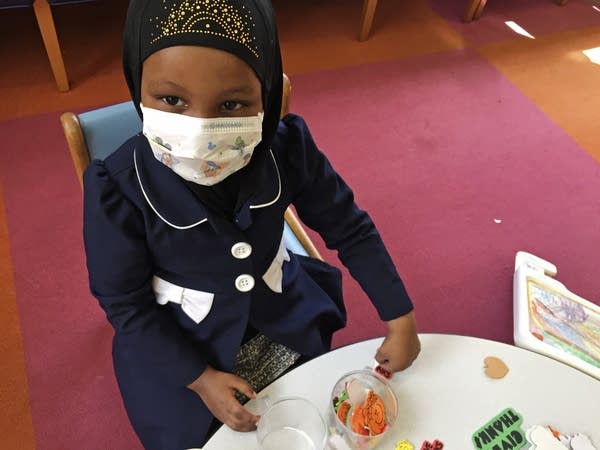Minnesota could get the 'all clear' on measles outbreak by end of month

Amira Hassan, of Burnsville, played in the waiting room at the specialty clinic at Children's Minnesota in Minneapolis on May 2, 2017.
Amy Forliti | AP file
Go Deeper.
Create an account or log in to save stories.
Like this?
Thanks for liking this story! We have added it to a list of your favorite stories.


